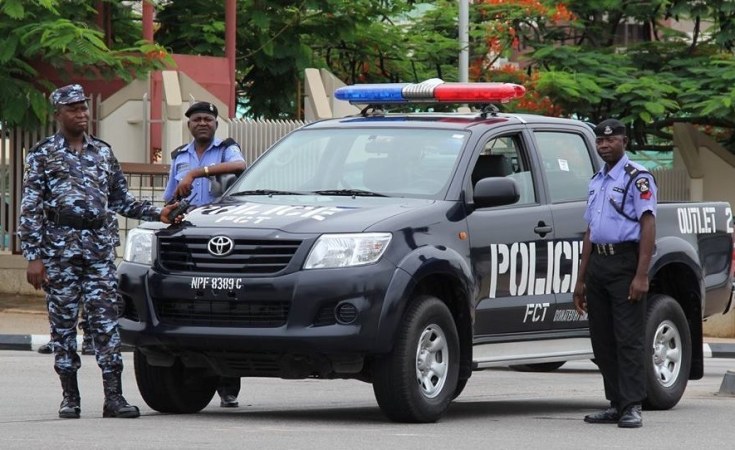To many Nigerians, the decision to establish state police in the country is a welcome development. Appropriately titled 'A Bill for an Act to Alter the Constitution of the Federal Republic of Nigeria, 1999 to Provide for Establishment of State Police and Related Matters,' it has passed second reading at the House of Representatives. The title of the bill recognizes that Nigeria's 1999 Constitution places policing on the Exclusive Legislative List, which means that only the federal government has the power to control police affairs.
However, the worsening insecurity across the country has cast the highly centralised police structure in a bad light, presenting the federal government as being unable to discharge one of its fundamental obligations to the citizens, which is the provision of security. This reality drove the clamour for state police in the country. The demand grew by the day, as more Nigerians, both high and low, daily fell victim to the marauding bandits, kidnappers, and other criminal gangs trying to turn the country into a living hell.
Daily Trust, therefore, welcomes the current impetus in the National Assembly to get the State Police working. We acknowledge the intricate nature of the task ahead, given where the country is coming from. In a country where the federal police have held sway for so long, restructuring the system to accommodate state police cannot be easy. Yet, we believe that it can be done. For the states, the creation of state police will be an added financial responsibility. However, when this burden is weighed against the expected benefits, it will certainly be seen as a worthwhile burden.
Despite the expected benefits of the plan, we are constrained to point out certain invidious provisions in the bill that need to be re-examined to avoid structural and operational defects that could imperil the aim of the bill. There is a need to get it right from the onset so that we do not create a system that is worse than what we have right now. We, therefore, call for a fine-tuning of the operations of the envisaged system involving the federal and state police authorities, so that it can work for the benefit of all Nigerians.
For instance, Section 215 (4) of the bill provides that, "A state police shall be headed by a commissioner of police who shall be appointed by the governor of the state on the advice of the Federal Police Service Commission from among serving members of the state police subject to confirmation by the state House of Assembly."
A similar potentially dangerous relationship seems to be created between the federal and state police authorities in Section 216 (3), which states that, "A Commissioner of Police of a state shall only be removed by the governor upon the recommendation of the Federal Police Service Commission praying that he be so removed on the grounds of (a) misconduct in the performance of his official duties (b) breach of policing standards, law, regulation and code of conduct, (c) conviction of any offence involving fraud or dishonesty by a court of law or tribunal and (d) bankruptcy and mental incapacity.'
Given the above provisions, it is pertinent to ask: How will the system be different from the current structure, since the Federal Police Service Commission will be involved in the appointment and removal of a State Police Commissioner? On what criteria will the Federal Police Service Commission base its approval for the appointment of a State Police Commissioner? One of the arguments in support of the clamour for State Police is that indigenes of a state must man such a command, as locals are likely to know the terrain better. Any arrangement that deviates from this will defeat this purpose.
There are also some murky situations that the legislators must pay attention to. For instance, during elections to be conducted by INEC, it will be necessary for the legislation to state categorically which of the two police forces should take control of security in the states. If both are to participate in such exercises, their areas of responsibility must be demarcated to avoid inter-agency clashes, which have been quite common in the country.
Right now, most of Nigeria's 36 states have their own security outfits. In some cases, there have been tendencies for these outfits to dance to the tune of the governors. This was one of the grounds on which some Nigerians who objected to the state police did so. Now, if these outfits are converted to state police, care must be taken to ensure that they do not turn around to become a problem to the citizens. What structures or measures can be put in place to ensure that these state-run security outfits, when they metamorphose into state police, do not become armed thugs in the hands of the governors?
Given the above issues, Daily Trust, hereby, calls for a stakeholder's conference involving serving and retired police officers, as well as state and federal officials to fashion out ways by which these two systems can co-exist harmoniously. Such a meeting should be broad-based enough to work out acceptable operational arrangements for the new system. This is a system Nigeria needs and all hands must be on deck to make it work.


